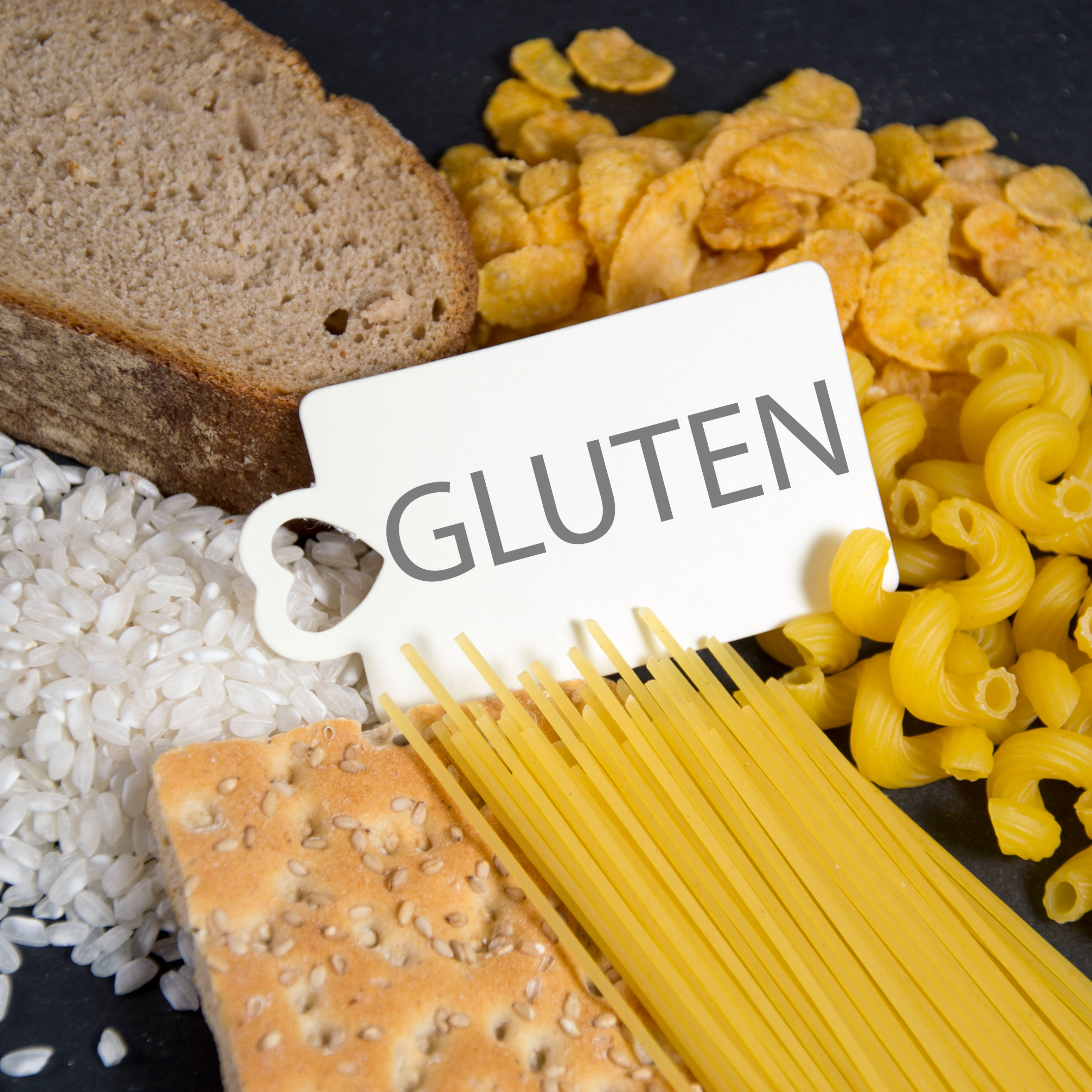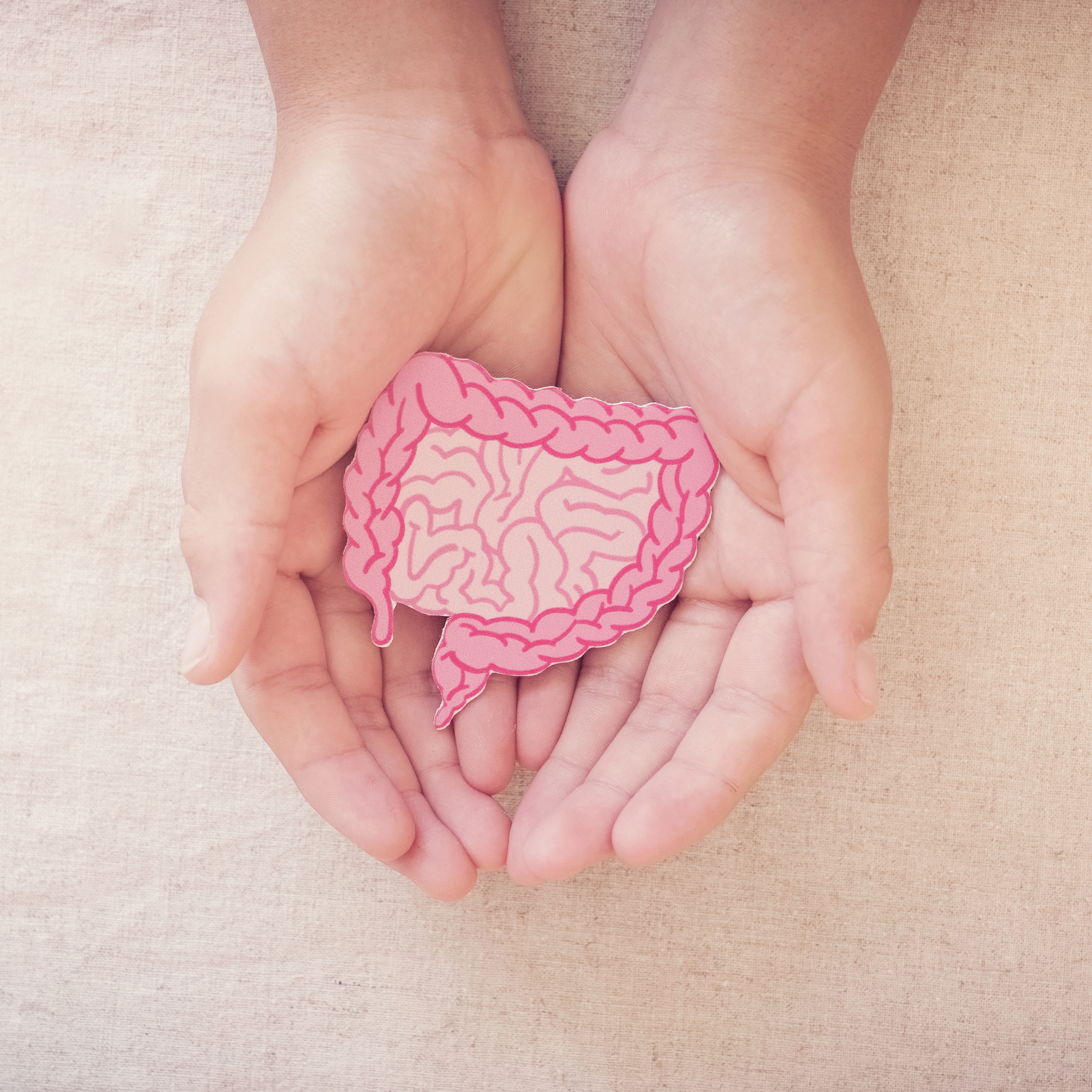
How Body Fat Affects Fertility
There are many underlying root causes for why women might be struggling with fertility – I have spoken extensively about how gut health impacts fertility here – but did you know that excess body fat can also increase risks of infertility?
To have a regular and healthy menstrual cycle, you need a good hormonal balance in the body. Obesity, or excess body fat, disrupts the hormone balance in the body, which can lead to reduced fertility.
How does body fat disrupt hormonal balance?
LEPTIN

Overweight women have higher levels of the hormone leptin, which is produced in fat tissue. Leptin is the ‘satiety hormone’ which reduces appetite and makes you feel full. You would think that higher levels of leptin would be good, as obese people will feel full quicker, but this isn’t the case. Actually, it leads to leptin resistance.
The leptin signalling becomes impaired and so the message that you are full and don’t need more food doesn’t reach the brain, so your brain will think you are always hungry. Too much leptin leads to inflammation which can affect many different areas of the body, including the production of sex hormones.
As a result, your sex hormone levels become imbalanced. Increased body fat causes higher leptin levels, resulting in sex hormone imbalances which then can lead to reduced fertility.
INSULIN

Excess abdominal fat is also linked to insulin resistance. Insulin resistance is when the body produces too much insulin in an attempt to keep blood sugar levels normal if someone is consuming too much sugar in their diet.
When cells become insulin resistant, both blood sugar and insulin levels go up significantly. Your body is desperately trying to rebalance what you are consuming – which is likely not a balanced diet! – which results in imbalanced gut bacteria (gut dysbiosis) and/or a leaky gut. Both are triggers for chronic inflammation.
Inflammation will directly affect fertility as it can result in poor egg quality and damaged embryo development.
Additionally, this imbalanced gut bacteria means that you are lacking or have too much of the enzymes required to breakdown estrogen. Imbalanced estrogen disrupts your menstrual cycle and can lead to irregular periods, impaired ovulation, PCOS, endometriosis and infertility.
THE BOTTOM LINE
Excess body fat causes insulin and leptin resistance, which leads to hormonal and bacterial imbalances and chronic inflammation in the body. Both of which can affect the menstrual cycle and fertility.
Becoming overweight or obese comes with an abundance of additional health issues and infertility is one of these. If you are trying to become pregnant or struggling with infertility, you need to reduce excess body fat if you are overweight but also find the root causes (which may have been triggered by the excess weight) which are reducing your fertility.
This will mostly start with rebalancing your hormones, the gut and/or reducing inflammation in the body. Therefore, it is best to start with your gut health.
Your gut has a direct impact on your reproductive health. Fortunately, I’ve been able to help many women get pregnant naturally in my private practice by optimising their health in various ways. The underlying root causes to infertility will not be the same amongst women but there’s usually some level of chronic inflammation in the body because caused by things like toxins, stress, GI pathogens, heavy metals or just an overall inflammatory diet.
If you have been struggling to conceive, I recommend running at-home functional lab tests, guided by an integrative health practitioner, like myself, to help identify the root cause(s). Once we know WHY, we can address it through diet, lifestyle changes andsupplementation and begin to heal.
Remember, your body is clever, so it will reduce the ability to reproduce if the body is not a healthy home for a baby!









Leave a comment